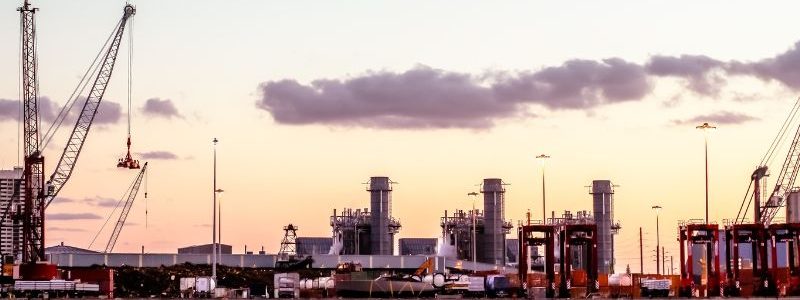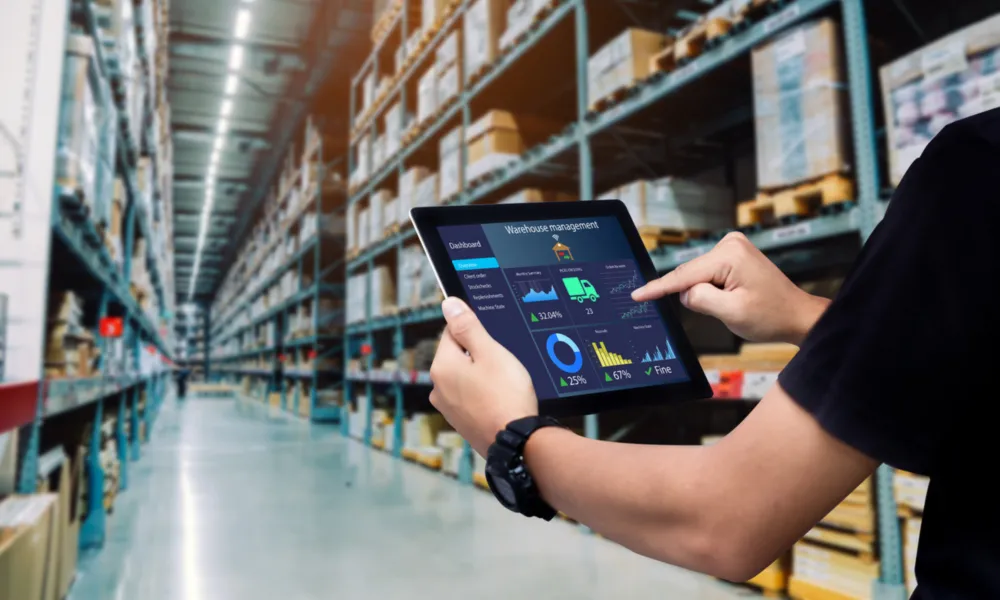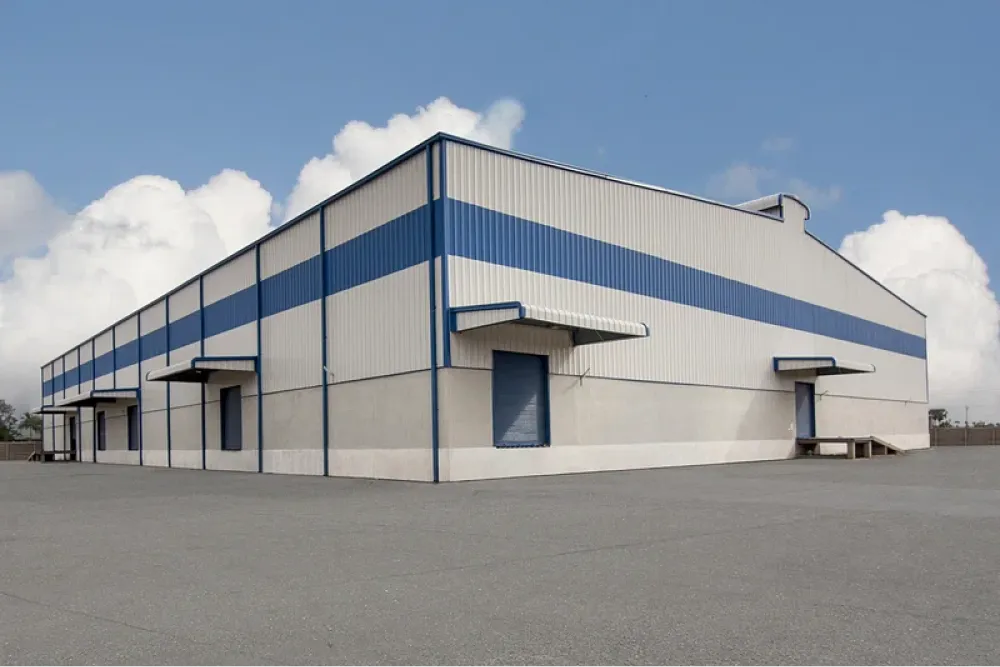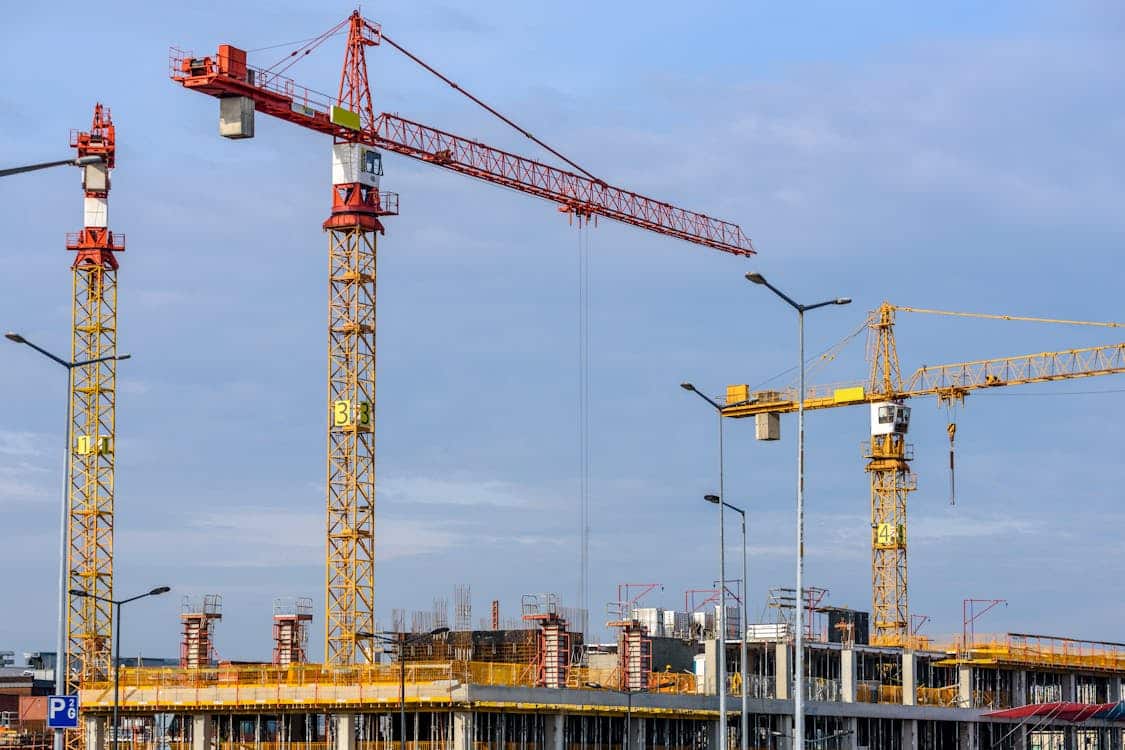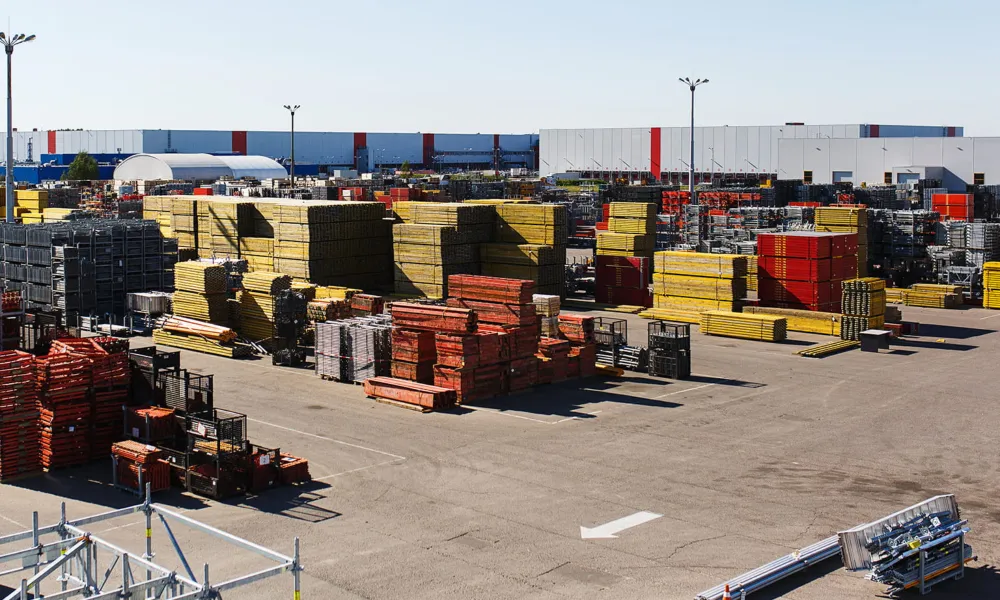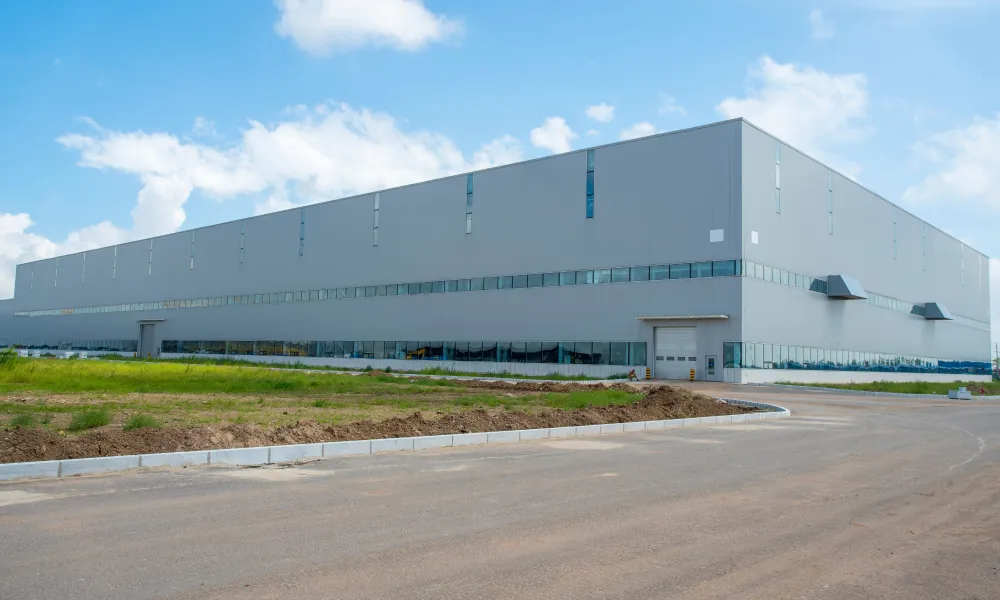In the dynamic landscape of industrial investments in Vietnam, staying abreast of the latest trends is paramount for informed decision-making and strategic planning. As we delve into 2024, the industrial investment climate in Vietnam is undergoing transformative shifts, with noteworthy developments shaping the sector. This article invites you to explore the 3 Key Trends Shaping Vietnam Industrial Investments 2024, providing an insightful overview of the current industrial investment scenario. Recognizing the importance of staying informed, this exploration aims to equip businesses and investors with the knowledge needed to navigate the evolving landscape, seize opportunities, and make decisions that drive success in Vietnam’s burgeoning industrial sector.
Technology Integration
In the ever-evolving realm of industrial investments in Vietnam, one paramount trend taking center stage is the profound integration of technology. As we stride into 2024, technology is catalyzing transformative shifts, revolutionizing the way industries operate and reshaping the very fabric of the industrial landscape.
Exploration of Technology’s Impact
Technology integration is permeating every facet of manufacturing and logistics in Vietnam. Smart factories, characterized by the integration of Internet of Things (IoT) devices, automation, and artificial intelligence, are becoming the norm. These advancements go beyond mere operational efficiency; they redefine how businesses approach production processes, quality control, and even the management of the supply chain. Real-time data analytics and predictive maintenance are empowering businesses to enhance productivity, minimize downtime, and ensure the highest standards of product quality.
Examples of Technology-Driven Advancements
In manufacturing, robotics and automation are increasingly prevalent, streamlining production lines and reducing manual labor dependencies. The use of advanced robotics not only accelerates manufacturing processes but also ensures precision and consistency in output. Additionally, the application of 3D printing technologies is gaining traction, allowing for rapid prototyping, customization, and cost-effective production.
In logistics, technologies like blockchain are optimizing supply chain transparency and traceability. This not only ensures the authenticity of products but also enables swift response to issues such as recalls or disruptions. Moreover, the integration of autonomous vehicles, drones, and smart warehousing systems is revolutionizing the efficiency of distribution networks, making them more agile and responsive to market demands.
Implications for Investors and Businesses in Vietnam
For investors and businesses eyeing the Vietnamese industrial sector, embracing technology is not just an option but a strategic imperative. The implications are profound – increased operational efficiency, reduced costs, enhanced product quality, and a competitive edge in a global market that is increasingly tech-driven. Investors should consider allocating resources towards technology-driven solutions and partnerships that align with the digital transformation wave.
Moreover, businesses that proactively adopt and adapt to these technological trends position themselves as industry leaders, attracting investors and ensuring long-term sustainability. Staying at the forefront of technological advancements becomes a hallmark of competitiveness in a landscape where agility and innovation are key.
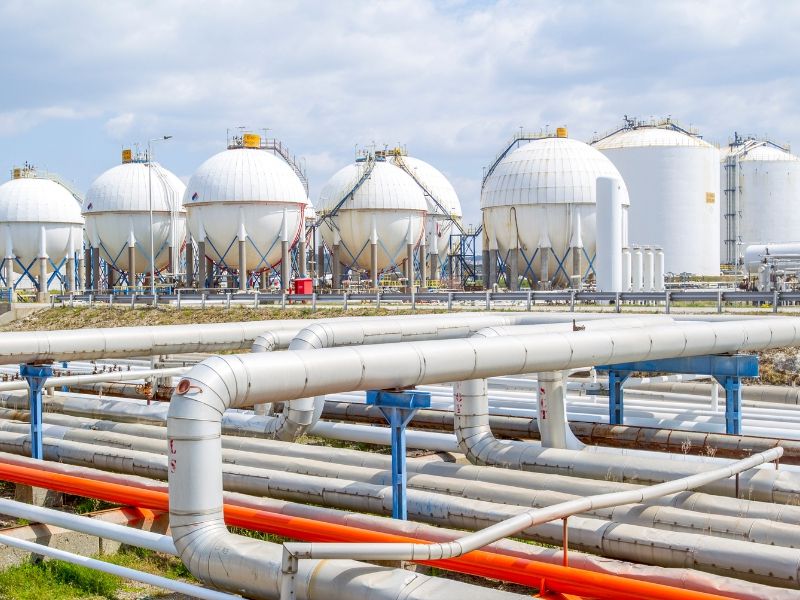
Sustainable Practices – Shaping the Future of Industrial Investments in Vietnam
In 2024, the winds of change are sweeping through Vietnam’s industrial investments, steering the sector towards a sustainable future. The burgeoning trend of incorporating eco-friendly practices is not merely a conscientious choice but a strategic imperative as businesses increasingly recognize the intertwining of economic success with environmental responsibility.
Read more: Why Invest in Vietnam?
Growing Emphasis on Sustainability
A paradigm shift is underway, with sustainability emerging as a cornerstone of industrial investments in Vietnam. Beyond regulatory compliance, businesses are proactively embracing environmentally conscious practices as a means to mitigate risks, enhance operational efficiency, and align with the global push for eco-friendly solutions. From energy-efficient manufacturing processes to waste reduction initiatives, sustainability is now at the core of industrial strategy.
Showcase of Eco-Friendly Initiatives
In the manufacturing realm, the adoption of renewable energy sources, such as solar and wind power, is becoming widespread. Factories are increasingly designed with energy-efficient infrastructure, incorporating green building practices and eco-friendly materials. Waste reduction and recycling initiatives are gaining traction, transforming industrial sites into hubs of sustainability. Additionally, the implementation of circular economy principles, where products are designed with recycling in mind, is reshaping how businesses approach the entire lifecycle of their products.
In logistics, the focus is on optimizing transportation routes, utilizing electric or hybrid vehicles, and implementing smart logistics solutions to minimize the carbon footprint. Warehousing practices are evolving to prioritize energy efficiency, waste reduction, and sustainable packaging materials.
Impact on Investor Perceptions and Long-Term Viability
For investors, the integration of sustainable practices is no longer a mere ethical consideration; it is a key factor influencing perceptions and long-term viability. Investors are increasingly looking for businesses that demonstrate a commitment to environmental stewardship as it aligns with evolving consumer preferences and global sustainability goals. Companies with robust eco-friendly practices are not only perceived as responsible corporate citizens but are also better positioned to weather potential regulatory changes and market shifts.
The long-term viability of industrial investments in Vietnam is intrinsically linked to sustainability. Businesses that incorporate green practices are better positioned to attract a diverse range of investors, including those who prioritize environmental, social, and governance (ESG) criteria. Moreover, as global markets evolve towards sustainable consumption, businesses with eco-friendly credentials are more likely to secure partnerships, enhance brand reputation, and ensure resilience in the face of changing market dynamics.
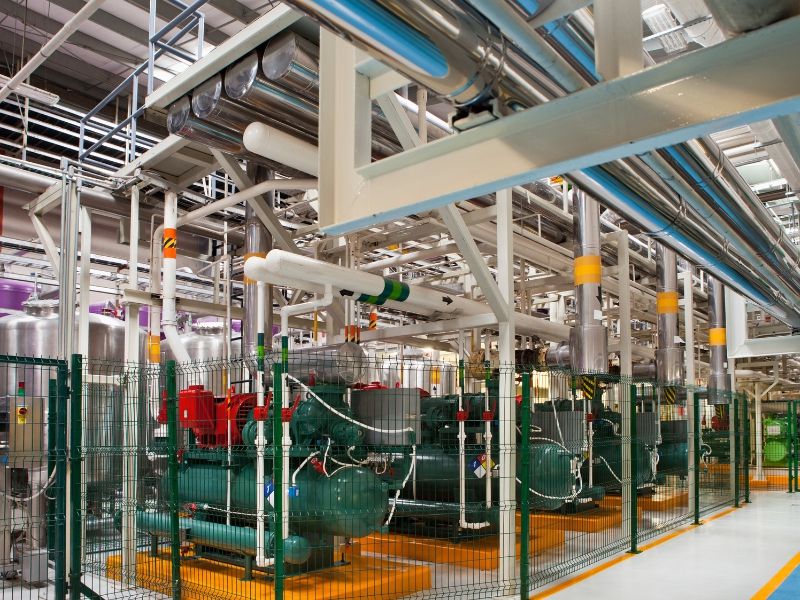
Supply Chain Resilience – A Strategic Imperative in Vietnam’s Industrial Landscape
As we navigate through 2024, the imperative to build resilient supply chains stands as a defining trend in Vietnam’s industrial investments. The ever-evolving global landscape, marked by disruptions and uncertainties, has heightened the industry’s focus on fortifying supply chains against unforeseen challenges.
Heightened Focus on Building Resilient Supply Chains
The landscape of industrial investments in Vietnam is witnessing a paradigm shift towards prioritizing supply chain resilience. This involves a comprehensive reassessment of supply chain vulnerabilities and the implementation of robust strategies to mitigate risks. The increasing frequency of global disruptions, be it natural disasters, geopolitical shifts, or pandemics, has underscored the need for adaptive and resilient supply chains.
Strategies for Mitigating Risks and Ensuring Business Continuity
Businesses are adopting multifaceted strategies to enhance supply chain resilience. Diversification of suppliers and sourcing from multiple regions reduce dependencies on a single source, mitigating risks associated with regional disruptions. Advanced technologies, such as artificial intelligence and data analytics, are employed for predictive risk assessments and real-time monitoring of the supply chain.
Collaborative relationships with suppliers and logistics partners are evolving towards greater transparency and flexibility. The implementation of lean inventory management systems ensures optimized stock levels without compromising on operational efficiency. Furthermore, a renewed emphasis on localization and nearshoring strategies is gaining traction, enabling businesses to respond swiftly to changes in market dynamics and reduce lead times.
Relevance for Industrial Investors and Implications for Site Selection
For foreign industrial investors eyeing opportunities in Vietnam, the emphasis on supply chain resilience is of paramount significance. The ability of a business to ensure continuity in the face of disruptions directly impacts its attractiveness to investors. Resilient supply chains not only enhance operational stability but also contribute to investor confidence in the long-term viability of the investment.
In terms of site selection, the proximity of industrial facilities to key transportation hubs, ports, and logistical networks becomes a critical consideration. Access to diverse and reliable transportation routes, coupled with a supportive regulatory environment, positions a site favorably for businesses aiming to build resilient supply chains. Additionally, the availability of skilled labor and infrastructure that supports efficient logistics further enhances the appeal of specific locations.

Savills Industrial – Your Trusted Consultant in Vietnam’s Industrial Real Estate Landscape
As we cast our gaze into the future, the trajectory of industrial investments in Vietnam promises both challenges and opportunities, with dynamic shifts shaping the landscape. The trends of technology integration, sustainable practices, and supply chain resilience are not isolated phenomena; they collectively signify a fundamental transformation in how businesses approach and thrive within the industrial sector of Vietnam.
As businesses contemplate their industrial investments in Vietnam, we extend an invitation to consult with Savills Industrial. Our tailored investment guidance goes beyond conventional advice; it is a strategic collaboration designed to propel your business towards unprecedented success.
Whether you are a seasoned investor or a newcomer to the Vietnamese industrial landscape, our consultants are ready to understand your unique aspirations, challenges, and goals. Our commitment is to provide you with bespoke solutions that align with your vision. Don’t navigate the complexities alone – consult with Savills Industrial and unlock the full potential of your industrial investments in Vietnam.



